The Hidden Link Between Porn and Anxiety Disorders
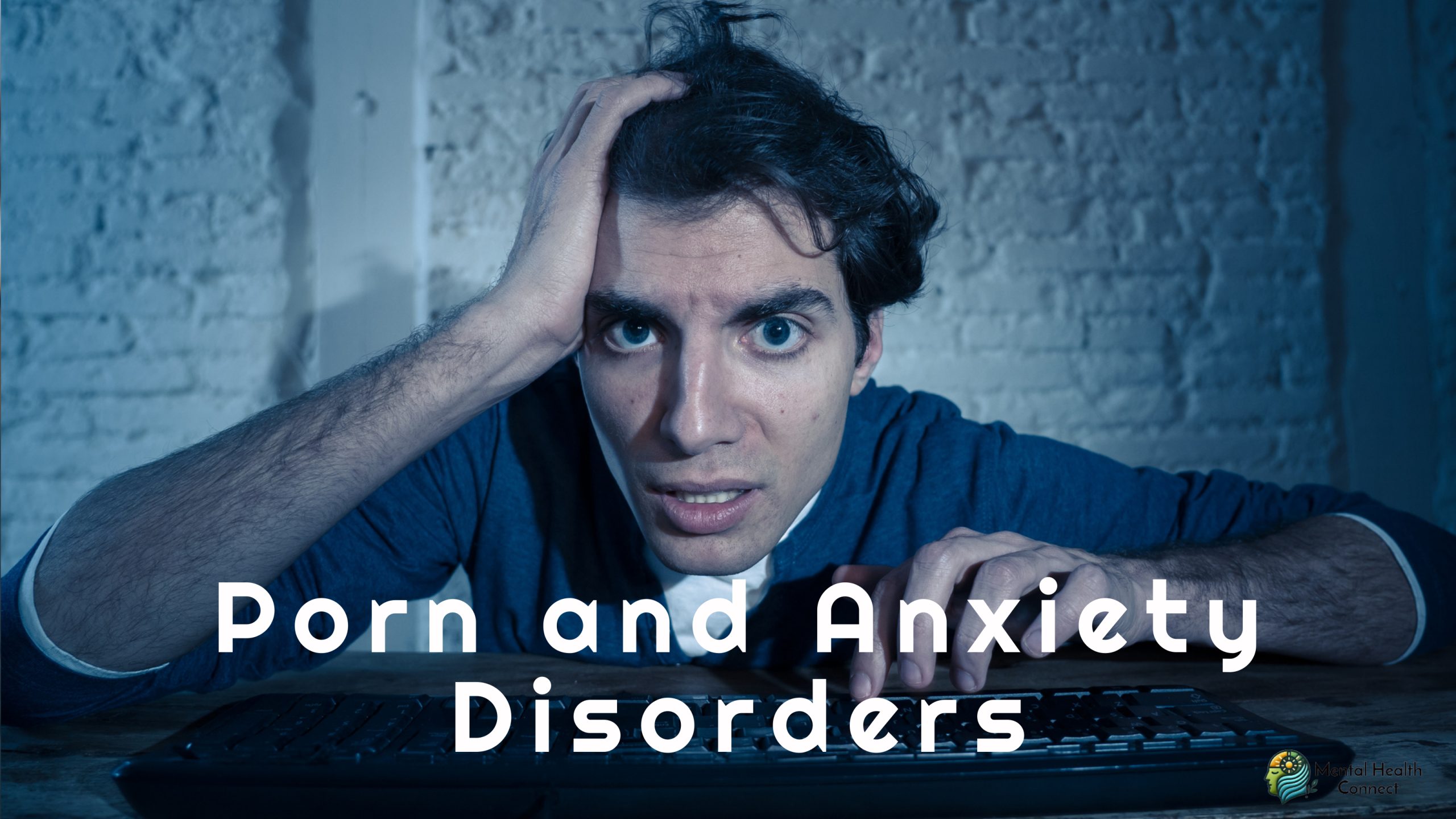
In a hyper-connected digital age, access to adult content is just a click away. While pornography consumption may seem like a harmless or even normal part of modern life, growing research suggests a deeper, often overlooked consequence its impact on mental health. The hidden link between porn and anxiety disorders is now gaining attention among psychologists, neuroscientists, and mental health advocates. Could that seemingly innocent habit be contributing to rising levels of anxiety? In this comprehensive guide, we’ll uncover the connection between pornography use and anxiety, explore its implications, and offer practical strategies for regaining emotional control.
What is the Link Between Porn and Anxiety Disorders?
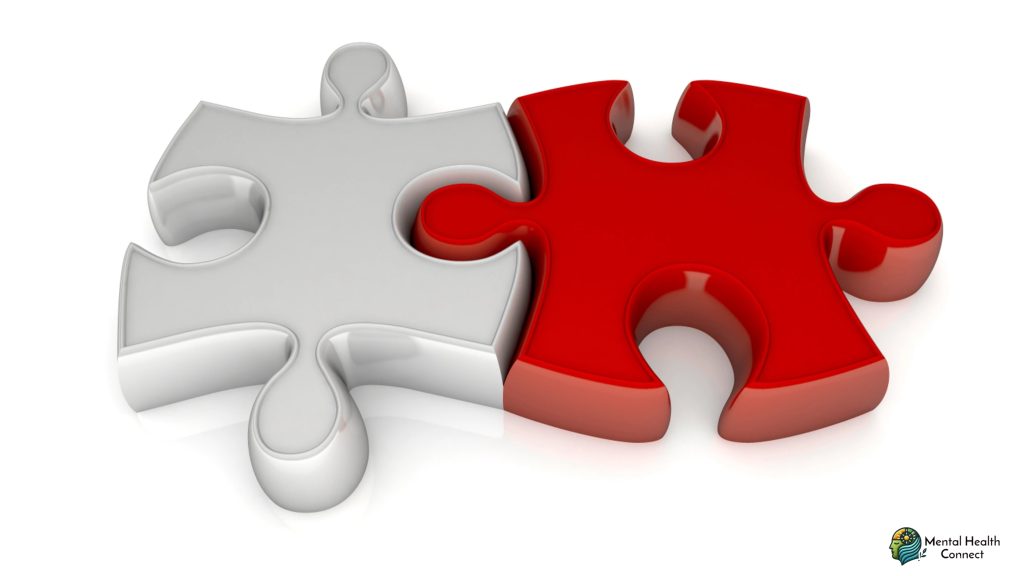
Understanding the Concept
Pornography, particularly when consumed habitually or compulsively, can have psychological and neurological effects that are tied to anxiety. This connection isn’t always obvious, which is why it remains underdiscussed.
The Brain’s Response to Porn
When you watch porn, your brain releases dopamine the chemical responsible for pleasure and motivation. Repeated exposure to this dopamine spike can:
- Alter reward pathways in the brain
- Cause desensitization, requiring more extreme content to achieve the same effect
- Lead to a lack of interest or motivation in real-world tasks
These neurological effects can create a mental imbalance, contributing to symptoms commonly associated with anxiety disorders, such as restlessness, irritability, and difficulty concentrating.
Emotional Fallout
Beyond brain chemistry, the emotional impact can be just as harmful:
- Shame and guilt often follow consumption, especially in individuals with conflicting values
- Isolation becomes more common as users retreat into solitary behavior
Why is Understanding This Link Important?
Mental Health Implications
When the root cause of anxiety is misidentified, treatments may be ineffective or short-lived.
Relationship and Social Impact
Pornography consumption can strain personal relationships, reduce emotional intimacy, and exacerbate feelings of loneliness all of which contribute to increased anxiety.
Informed Decisions
When individuals understand the risks, they can make informed decisions about their consumption habits. Awareness empowers people to set healthy boundaries and seek help when needed.
Societal Significance
As porn use continues to rise globally, understanding its mental health impact is essential for shaping public health policy, educational programs, and therapy models.
How to Break the Cycle: A Step-by-Step Guide
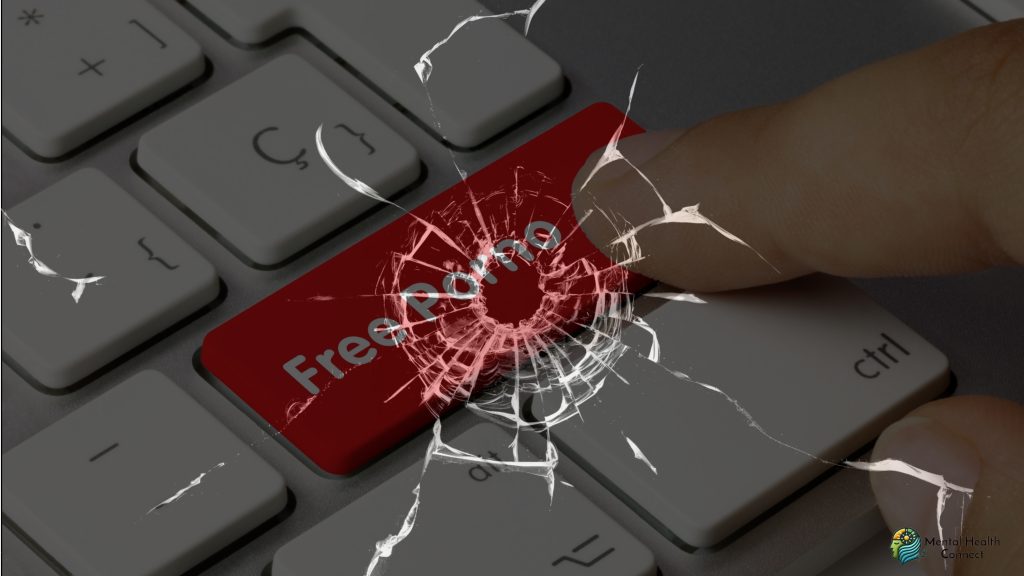
If you’re feeling anxious and suspect that pornography might be part of the problem, here’s how to regain control:
1. Self-Reflection & Journaling
Begin by documenting your habits:
- How often are you watching porn?
- What triggers your consumption?
- How do you feel emotionally afterward?
2. Set Boundaries
Use tools and strategies to limit access:
- Install content blockers or time-limit apps
- Schedule device-free hours
- Avoid using phones or laptops late at night
3. Replace the Habit
- Exercise or sports
- Meditation or deep breathing techniques
- Creative outlets like art, music, or writing
4. Seek Professional Help
Therapists trained in Cognitive Behavioral Therapy (CBT) or addiction counseling can address both porn use and anxiety symptoms.
5. Join Support Communities
Best Practices for Managing Porn-Related Anxiety
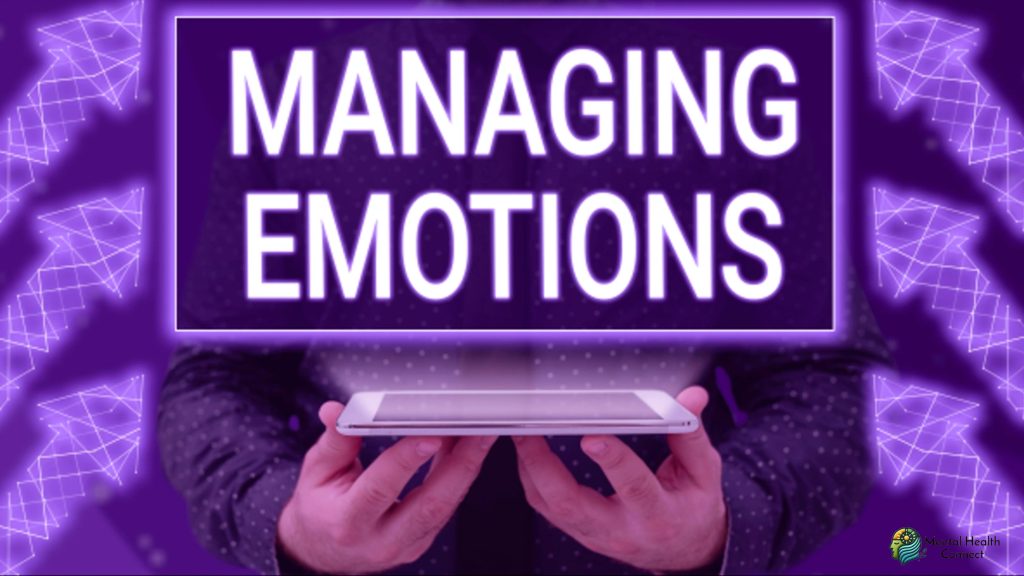
Practice Mindfulness
Mindfulness meditation can:
- Increase self-awareness
- Reduce compulsive behavior
- Improve emotional regulation
Create a Daily Routine
Structure reduces anxiety and prevents boredom, which is a common trigger for porn use.
Use Dopamine Detoxes
Try it for a few days by eliminating:
- Social media
- Streaming services
- Pornography
Educate Yourself
Knowledge builds confidence. Read books or watch documentaries about how porn affects the brain and mental health.
Case Study: A 2022 behavioral study found that participants who reduced porn consumption by 50% experienced a 40% drop in self-reported anxiety levels over eight weeks.
Common Mistakes & How to Avoid Them
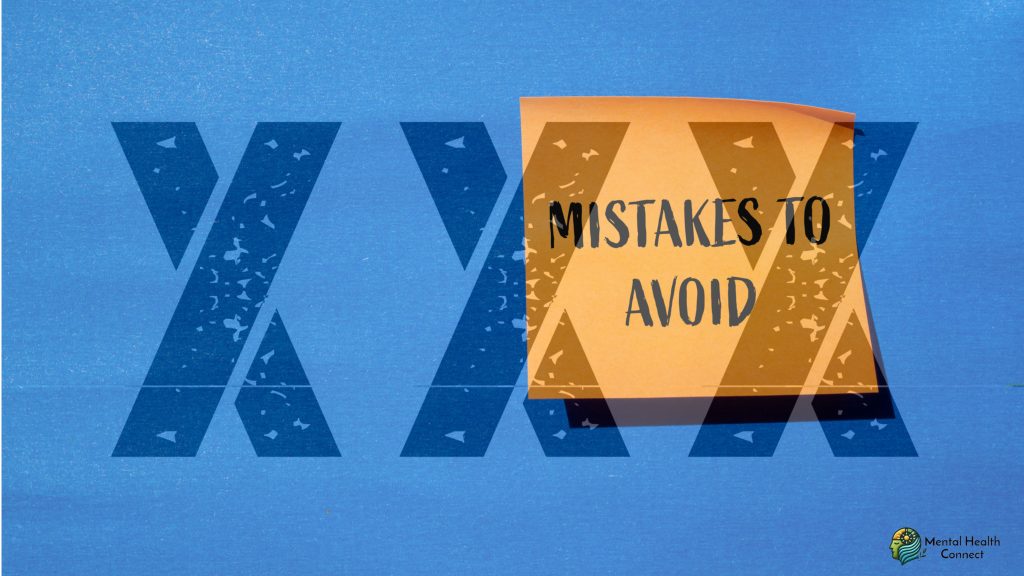
❌ Mistake: Going Cold Turkey Without Support
Solution: Instead, ease into reduction and find an accountability partner.
❌ Mistake: Replacing Porn with Other Dopamine Triggers
Solution: Avoid substituting with video games or junk food. Focus on restorative habits like reading or walking.
❌ Mistake: Ignoring Underlying Anxiety Disorders
Solution: Address both porn habits and anxiety through therapy or guided self-help.
❌ Mistake: Shaming Yourself
Solution: Approach recovery with self-compassion, not guilt. Mental health journeys require patience and kindness.
FAQs
1. Can watching porn cause anxiety?
Yes, especially if it’s consumed compulsively. It can overstimulate the brain and lead to emotional issues like guilt, isolation, and increased anxiety.
2. How do I know if porn is affecting my mental health?
Look for symptoms such as chronic anxiety, loss of interest in real-life interactions, and low self-esteem following use.
3. Is it necessary to quit porn completely to reduce anxiety?
Not always. Some people benefit from reduced consumption or mindful use. The key is self-awareness and balance.
4. Are there resources to help with porn addiction and anxiety?
Yes. Support groups, CBT therapists, and digital detox apps can be extremely helpful.
5. How long does it take to see mental health improvements after quitting porn?
Some report improvements in as little as two weeks, while others may take months. Progress varies by individual.
6. What are some good alternatives to watching porn?
Try exercise, hobbies, journaling, volunteering, or connecting with loved ones. These offer emotional rewards without negative side effects.
7. Can teenagers be affected by the link between porn and anxiety?
Absolutely. Adolescents are particularly vulnerable due to their developing brains and lack of coping mechanisms.
-
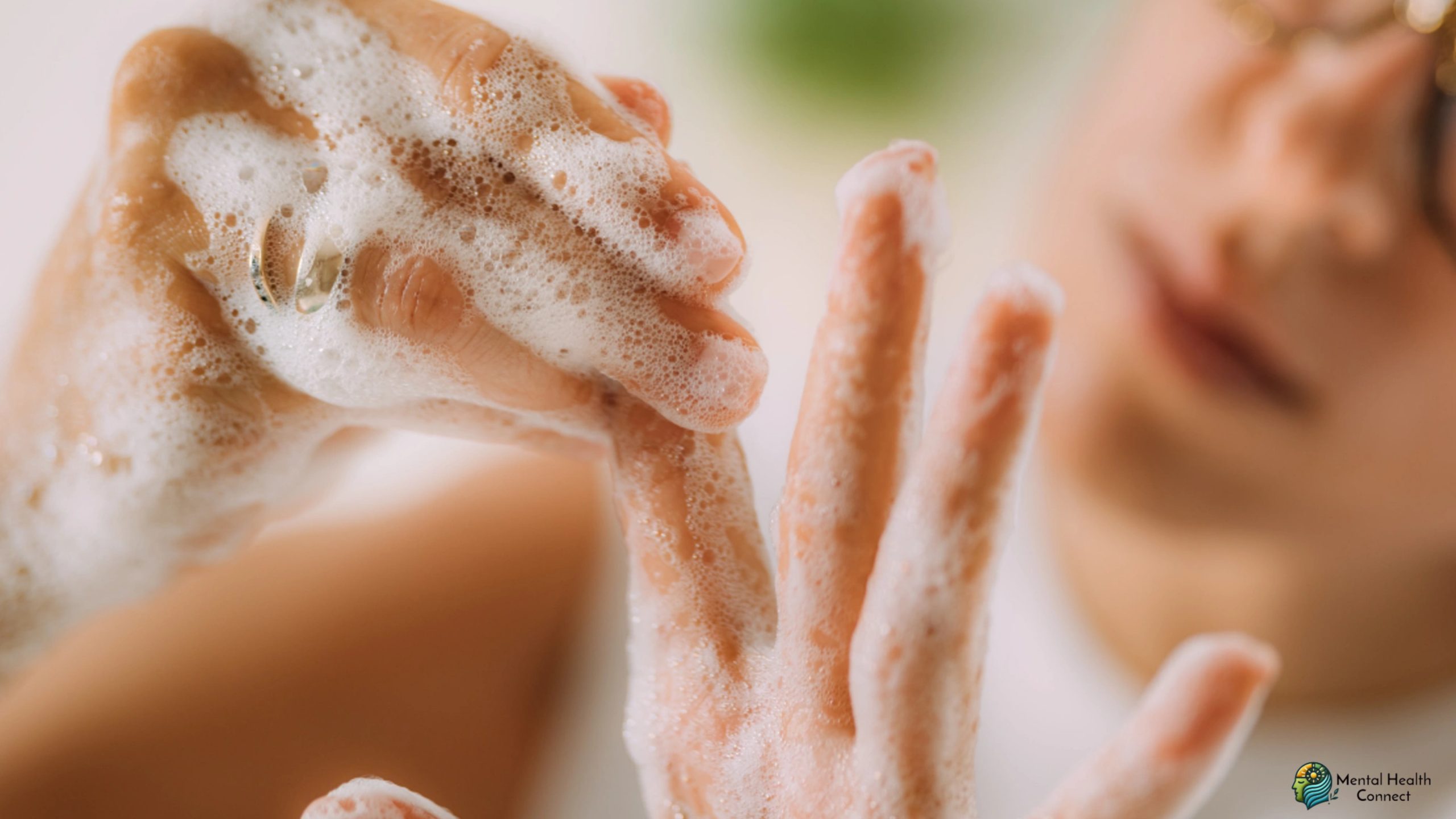 How to Support Someone with OCDApril 17, 2025
How to Support Someone with OCDApril 17, 2025 -


Leave a Reply